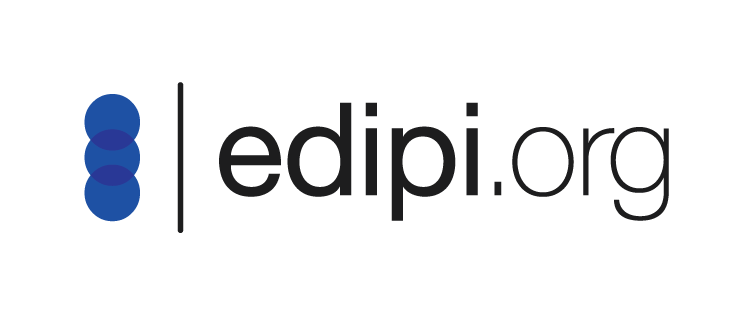IP Market Players
In essence, Intellectual Property (IP) involves multiple players, constantly exchanging an incredible amount of data:
- Corporates and research centres, continuously generating and managing intellectual property, mostly materialized by patents, trademarks and designs.
- Patent and trademark attorneys, helping and guiding their clients in protecting their IP and prosecuting and defending their IP rights, worldwide.
- Patent and trademark offices, examining, granting and maintaining IP rights, whether at national, regional or international level.
Supporting these organisations, software and service providers help streamline exchanges, by developing tools and services designed to better manage IP assets, and their associated data and workflows, tailored to the legal specificities of each worldwide jurisdiction.
Data exchanges and associated risks
Due to the territorial nature of IP rights, market players have developed worldwide networks, interacting with many other players, both locally and internationally.
Each player generates, manages, stores and transmits IP-related data to other players around the world.
While the data required by each player is roughly the same, how such data is transmitted or exploited will be different depending on whether the interested party is an IP owner, an IP firm or a Patent and Trademark Office (PTO). Even worse, in practice, every IP owner, IP firm or PTO operates differently. Software and service providers generally adapt their solutions to specifics imposed by their customers.
As of today, each player fills-in and verifies, in its own IP management system, data sets which have already been filled-in and verified in another IP management system, by another player.
Such an approach engenders loss of efficiency and increases the risk of human error, while the consequence of any data error may lead to loss of Rights.
The foundations for a dedicated standard
Based on this observation, an initial group of French-based IP players met in July 2013, under the leadership of Marc Levieils, partner at Cabinet Regimbeau.
The idea, led by this group, mixing private practice IP attorneys, in-house counsels, software and service providers, was first to review the situation in terms of data exchange practices (type of data, frequency, etc.) and existing standards. As a second step, the group started working on possible exchange frameworks, with the objective to come up with a single, practical solution, acceptable by all parties involved.
Once the founding elements had been defined, the group jointly decided to formalise the concept by preparing and drafting an official standard. Consequently, starting in 2015, a working group on IP data exchange standards was created under the aegis of the Innovation Management committee within AFNOR, the French National Organization for Standardization (AFNOR/CN INNOV GT 5).
As a result, French standard AFNOR NF X50-276 was drafted and officially published on 3rd February 2018, a standard now promoted by EDIPI, the Association for IP Data Exchange Standards.
